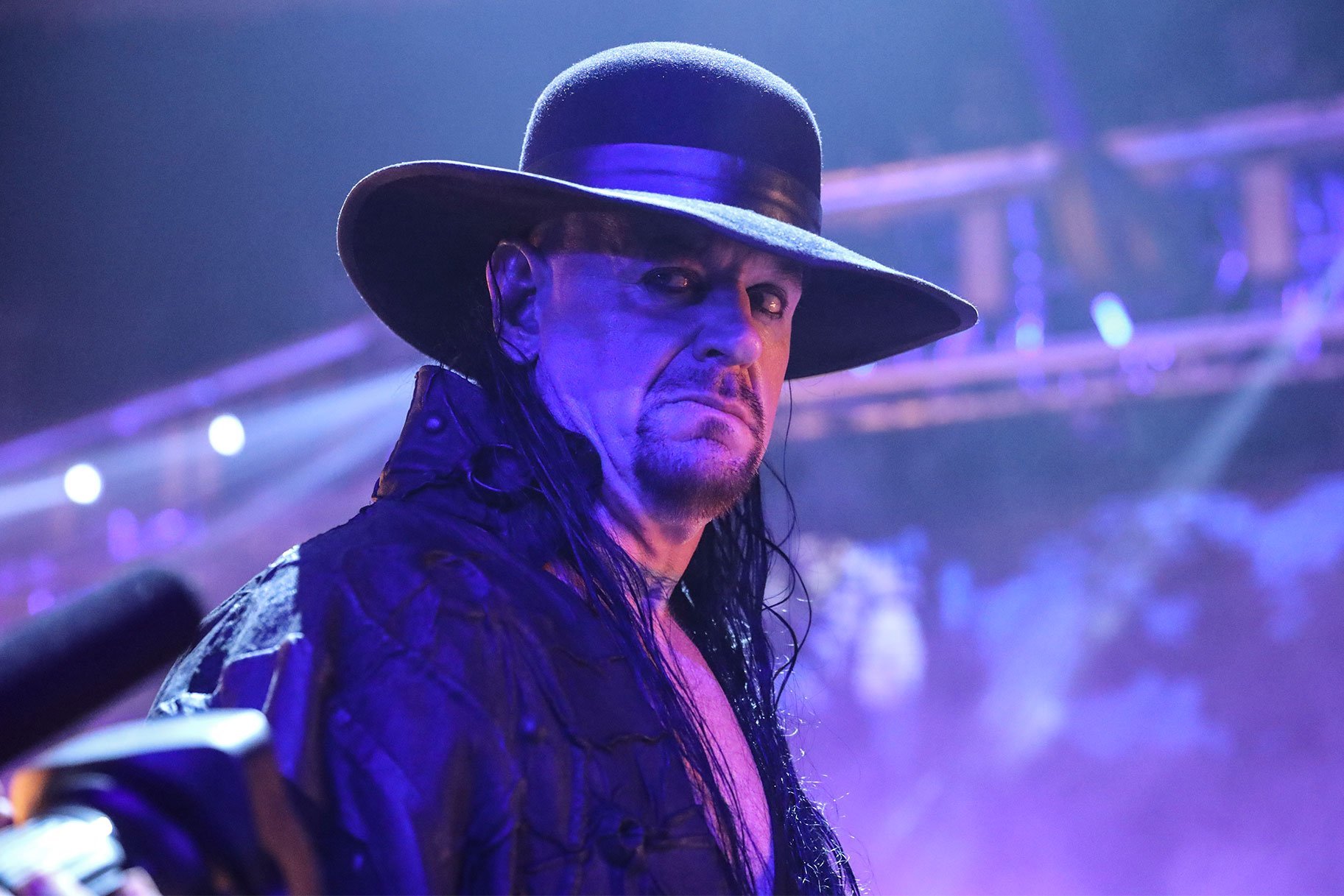
On a recent edition of his “Six Feet Under” podcast, WWE Hall of Famer The Undertaker recalled an emotionally charged instance of wrestlers’ court at a hotel’s banquet hall.
The Undertaker presided over the incident, and JBL acted as the “prosecutor.” The incident took place in Australia.
You can check out some highlights from the podcast below:
On a banquet hall being used for this instance of wrestlers court: “We had wrestlers court at the hotel. I want to say it was Melina, and maybe somebody else got brought on some kind of charges. So we had a banquet room reserved at the hotel just for wrestlers court. I’m talking about, it was sold out.”
On not being want to be brought up on “charges” at that point: “It had taken a really pretty serious turn as far as the defendants were concerned. It was one place back then as a wrestler you did not want to be. You did not want to be brought up on charges.”
Between the late 1990s and early 00s, The Undertaker served as the “judge” of the wrestlers’ court.
In the world of professional wrestling, there exists a unique tradition known as “wrestlers’ court.” This informal system of justice is presided over by veteran wrestlers and serves as a way to address and resolve conflicts within the wrestling community. One such instance of wrestlers’ court was recently recalled by WWE Hall of Famer, The Undertaker, on his podcast “Six Feet Under.”
The incident in question took place in Australia and involved The Undertaker acting as the presiding authority, with fellow wrestler JBL serving as the “prosecutor.” Wrestlers’ court was held in a banquet hall at a hotel, which was completely packed with spectators eager to witness the proceedings.
According to The Undertaker, the defendants in this case were Melina and possibly another wrestler who had been brought up on charges. Wrestlers’ court was no laughing matter back then, as it had serious consequences for those involved. Being accused and found guilty in this court was something no wrestler wanted to experience.
During the late 1990s and early 2000s, The Undertaker often served as the “judge” of wrestlers’ court. This role was not official or recognized by any governing body but was rather a way for the wrestlers themselves to maintain order and discipline within their ranks.
Wrestlers’ court typically dealt with various infractions or disputes that occurred backstage or on the road. It could involve anything from issues of professionalism and etiquette to more serious matters such as locker room behavior or personal conflicts between wrestlers.
The proceedings of wrestlers’ court were often lighthearted and filled with humor, but they also carried a sense of seriousness and accountability. The punishments handed out by the court could range from fines to public humiliation or even physical tasks assigned to the guilty party.
While wrestlers’ court may seem like a form of vigilante justice, it served an important purpose within the wrestling community. It allowed wrestlers to address and resolve conflicts internally, without involving management or tarnishing the reputation of the business.
Over the years, wrestlers’ court has become less prevalent in the wrestling industry. With the rise of corporate influence and stricter regulations, the need for such informal justice has diminished. However, it remains a fascinating aspect of wrestling history and a testament to the unique camaraderie and culture within the industry.
In conclusion, wrestlers’ court is a tradition within professional wrestling where veteran wrestlers act as judges to address and resolve conflicts within the wrestling community. The Undertaker’s recent recollection of an emotionally charged incident in Australia sheds light on the seriousness and significance of this informal system of justice. While wrestlers’ court may have faded in prominence over the years, it remains an intriguing part of wrestling lore and a reminder of the unique dynamics within the industry.
